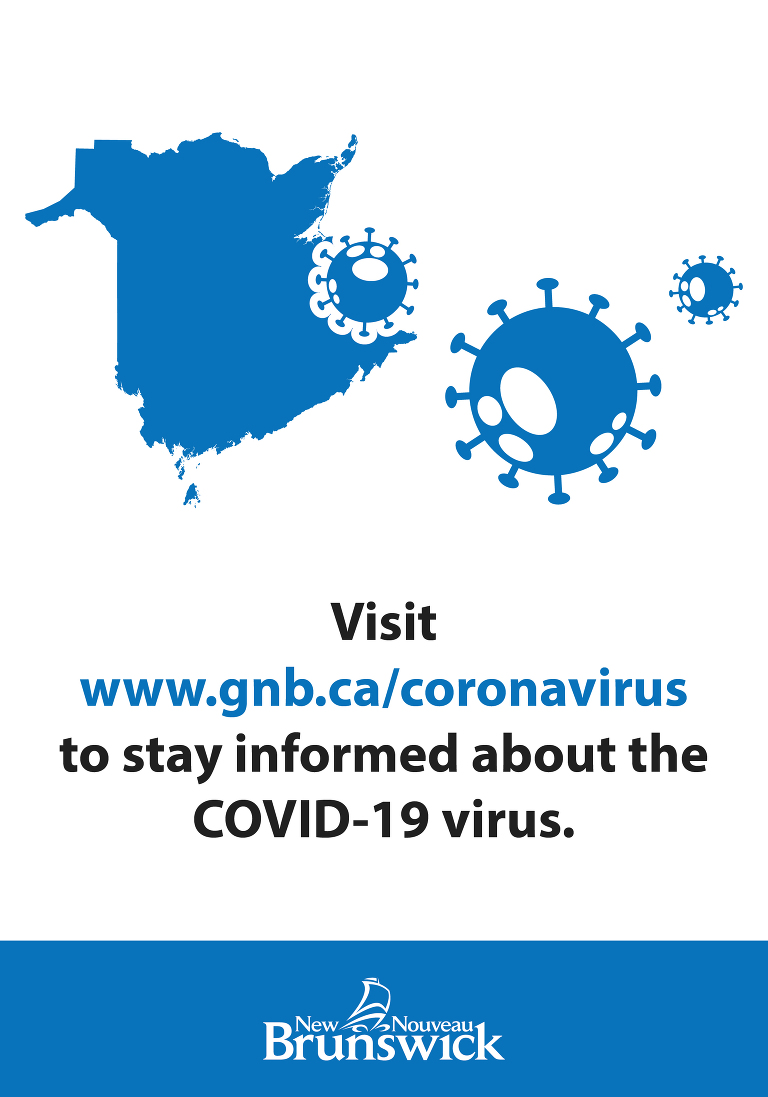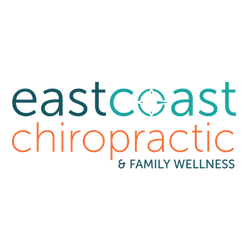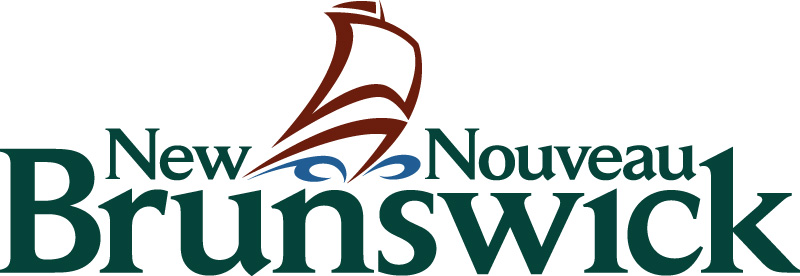This post is presented by Capital Dental Clinic
Your child is considered in primary dentition from infancy until the time their 1st permanent molars begin to erupt, around the age of 6. Baby teeth function as space maintainers for permanent teeth, meaning they preserve the path which permanent teeth follow to enter the mouth. This also means that dental care of baby teeth is extremely important, as it will have long term effects on your child’s teeth and smile.
Let’s start off with a few facts about baby (or primary) teeth!
- Development of your baby’s teeth begins in utero. Yes, you read that right, the tooth development process, known as calcification starts around 14 weeks in to pregnancy.
- The order of the eruption timeline shown below is normally consistent, but you may see small variations in your child’s age for each tooth’s eruption.

- Classic signs and symptoms of teething include… drooling, chewing on solid objects, irritability/crankiness, and sore/tender gums.
- It is a common misconception that teething can cause fever, diarrhea, and other systemic conditions, but there is little scientific evidence to support these associations; if your child has a fever, you should consult your medical doctor as there is likely a separate cause.

- Sometimes during the eruption of teeth, you may notice a dome-shaped bubble where the tooth should be, usually a bluish colour similar to that of a bruise. This is known as an “eruption cyst”. Do not worry, no treatment is needed. The underlying tooth will erupt through the area, and the eruption cyst will disappear spontaneously.
- Once all of your child’s baby teeth have come in, the eruption sequence is complete. At this point, it is normal to see some gaps or spacing between the teeth. These spaces allow room for the permanent teeth as they are larger than baby teeth. The gaps are usually filled after the eruption of permanent teeth.


When should my child first see the dentist?
- Both the Canadian and American Dental Associations recommend that a child find a “dental home” within six months of the eruption of their first primary tooth, or no later than 12 months of age.
What should I expect at my child’s first dental visit?
- Your child’s teeth will be examined to make sure they are developing properly.
- You will be provided with information regarding preventive home care strategies to keep your child’s teeth as healthy as possible.
- In most cases, a dental exam every six months will allow a dentist to treat small issues early on.
Some final things to keep in mind:
- Thumb sucking and other non-nutritive sucking habits, such as finger sucking or the use of a pacifier should be discontinued by the age of 3. Prolonged habits can have negative effects on the positioning of teeth.
- You should try to limit the consumption of sugars to mealtimes as much as possible. Overnight bottle-feeding with juice or milk, the use of juice or milk in a sippy-cup throughout the day, and frequent in between meal consumption of snacks/drinks containing sugar increases the risk of cavities. All of these things allow teeth to be continuously coated with sugars over prolonged periods of time.
- If sippy cups are used at naptime or bedtime, it is recommended that they only contain water.
- Cheese is one of the healthiest snacks for your child’s teeth. In addition to providing large amounts calcium, cheese also does its part to fight cavities by producing saliva. Saliva provides a protective film to teeth and helps to wash away acids.
- Children enjoy modeling parents’ behavior, so try to make home dental care something fun you can do together!
Thanks for reading! Tell the Tooth Fairy I say hi!
Dr. Spencer Burns
Contact us today to schedule an appointment or stop by for a free baby teeth starter kit!
(506) 458-9669
About the Author/Dentist
.jpg)
Dr. Spencer Burns is originally from Miramichi NB. Spencer graduated from Mount Allison University with a Bachelor of Science (B. Sc) before earning his Doctor of Dental Medicine (DMD) from Boston University, where he was awarded “Summa Cum Laude” honors, and selected to the Omicron Kappa Upsilon National Dental Honor Society.
Spencer is passionate about the dental profession and stays current with the latest developments in the dental field by frequently attending dental seminars and continuing education courses.
Spencer is very excited to be back in his home province, closer to his friends/family, and to join Capital Dental Clinic in downtown Fredericton, as well as the Fredericton community.
.jpg)
.png)
.png)
.png)
.png)




















Great info to have
Thank you!My daughter just turn 1, so I’ll be making an appt soon! LOVE seeing local Pros sharing their knowledge, thanks Mom Talk!